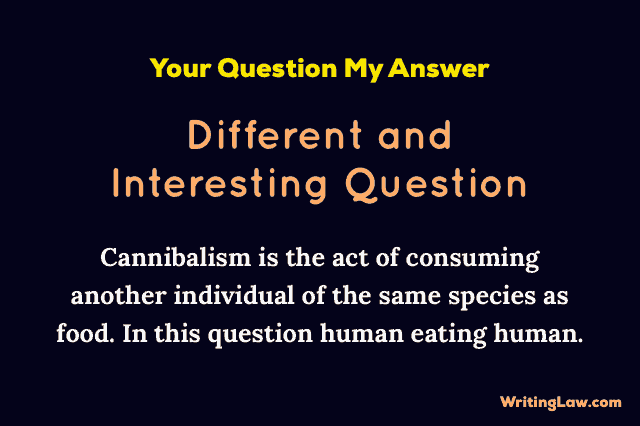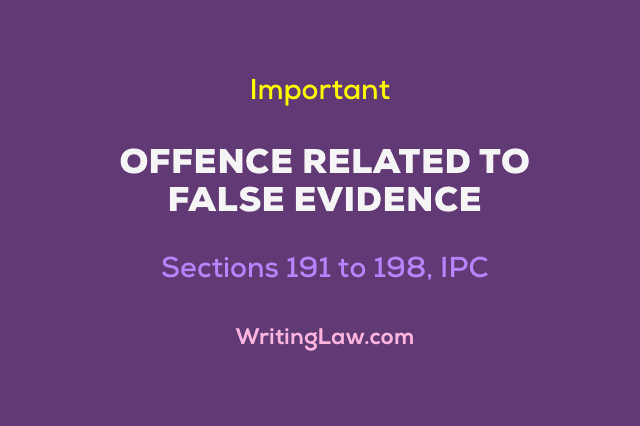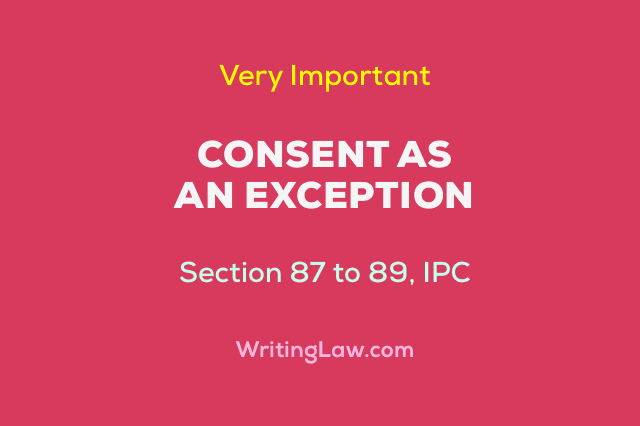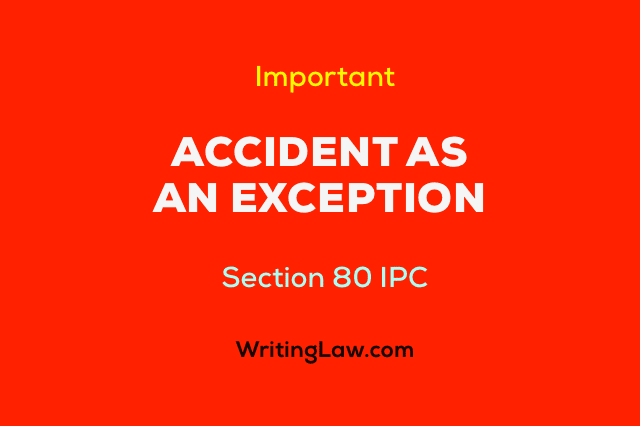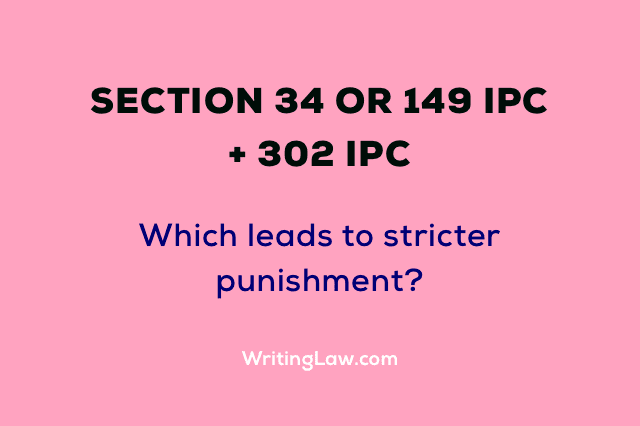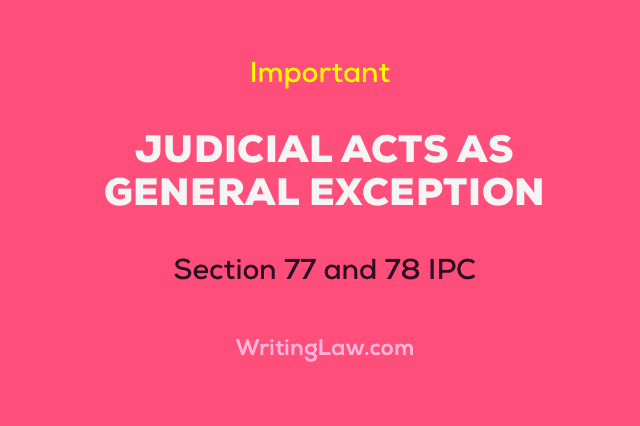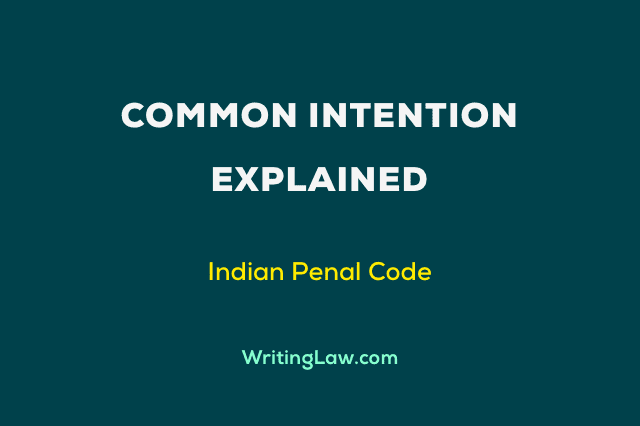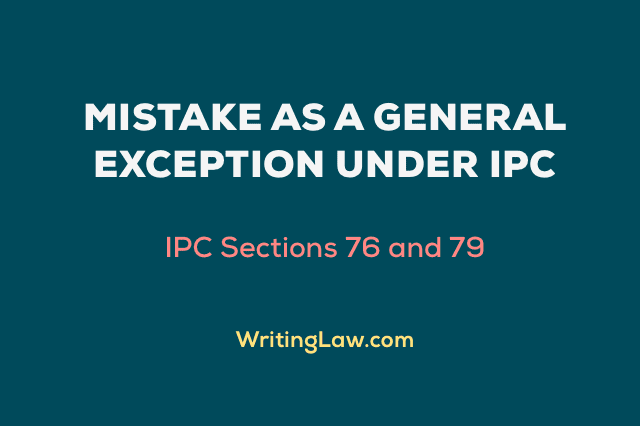Example and Punishment for Cannibalism
There is nothing to eat so they said that we will do the act of cannibalism but while saying the word cannibalism D was in unconscious mind.
Cannibalism is the act of consuming another individual of the same species as food. In this question human eating human.
Will they be punished and what will be the punishment?KEEP READING
